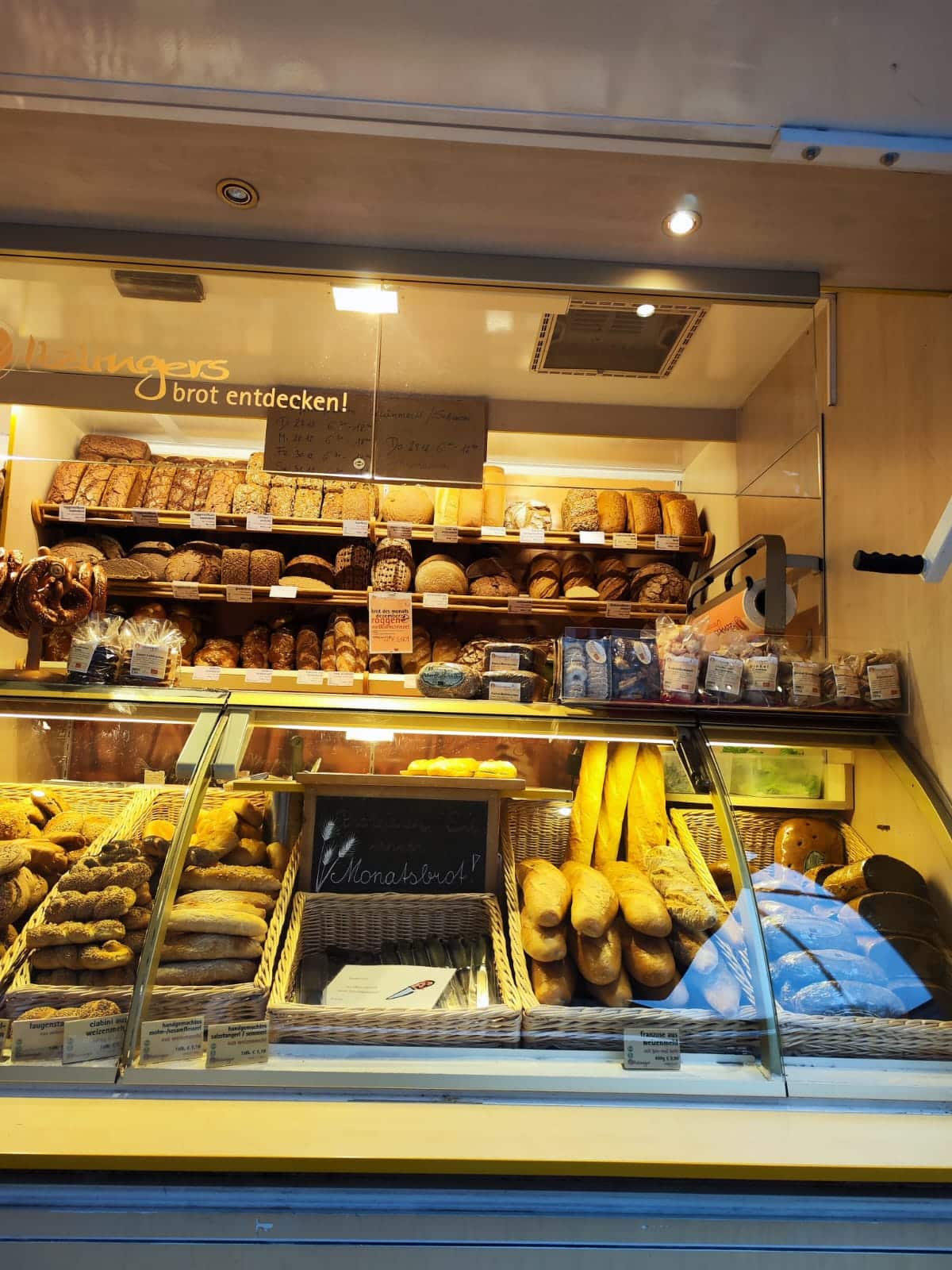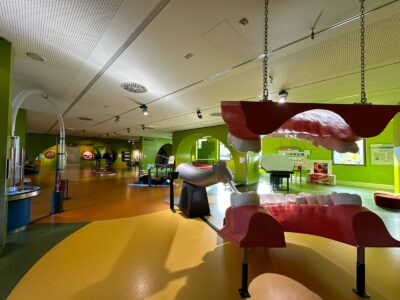The history of the market
The organic market at the Kajetanerplatz was the first one in Salzburg city. It was opened for the first time in 1980 by local farmers from Salzburg. The market started at Papagenoplatz and was moved to Kaiviertel at Kajetanerplatz in 2011. More information about the market can be found on their website.
Facts about the organic market
- What? Bread, fruits, vegetables, meat, cheese
- Where? Weekly market at the Kajetanerplatz, in the afternoon in Parsch
at Borromäus Point, or on Saturday mornings at the Green Market at the end of Philharmonikergasse - When? Every Friday from 6:00-13:00 at the Kajetanerplatz,
from 14:00 afternoon in Parsch, and on Saturday at the Green Market
The market opens its doors every week at the Kajetanerplatz between 6:00-13:00. For those who are unable to visit the organic farmers’ market at Kajetanerplatz on Friday mornings due to too much work or other engagements, they can stop by in Parsch in front of Borromäus Point in the afternoon or at the Grünmarkt at the end of Philharmonikergasse on Saturday mornings. There you can also find the market weekly if you can’t make it to Kajetanerplatz.
At the market, you can find some regional farmers with a lot of experience in organic food as Josef Hainz with his organic farm butcher shop, the very popular organic cheese shop Biokäserei Sams, the organic vegetable shop from Klinger, or the delicious bio bakery Itzlinger. These are all farmers from the region of Salzburg and they are all growing and producing their products with their own hands in a biological way, using and selling products from the Salzburg land.
Products that can be found at the organic market
Here you can find the products that are offered in the bio market:
- Bread & Pastries
- Meat and processed products
- Milk and dairy products
- Cheese
- Fruits
- Vegetables
- Herbs, spices, and tea





The prices of the products offered in the bio market are a bit higher than what you can find in the normal big markets mentioned above. The reason is that, as these businesses are, usually, a family tradition, they are quite small and they can not afford mass and automatized production with all the new industrial machines, logistics systems, and other big company departments such as marketing, stocks, etc.
Due to this mass production being done by the big supermarkets, the margins that they can afford to run a profitable business are low. But the local farmers cannot afford these low margins, as they would not be able to make a living out of those margins as the volume of products that they are selling is quite lower than the big supermarkets. Therefore, having bigger prices means that they have bigger margins so they can keep doing a sustainable business and afford a living.
Nowadays, it is also important to be aware of how to keep the planet as sustainable as possible, and this is what this biological market offers. The farmers are growing and producing their products without chemicals or in a massive way, so the animals and vegetation are treated with respect for sustainable production over the years.
Having the market there brings to Salzburg city a lot of benefits. It is important for keeping the culture of the area to support local farmers with their small businesses, and this market is a great opportunity for them to keep their dreams alive. Without these kinds of markets, local farmers would be in a very challenging spot competing against other big market brands such as Lidl, Spar, Hofer, etc.
It brings a lot of value to the city, as it is a different place to show the tourists local products linked to the culture of Salzburg. In 2018, around 30 million tourists visited Salzburg, and if the city wants to keep the charm it has, it needs to keep its culture too. Having local products in a centric and popular spot as Kajetanerplatz keeps spreading the culture of Salzburg with its local products around the world.
If you’re interested in other blogs, then check out the other markets:




One Response